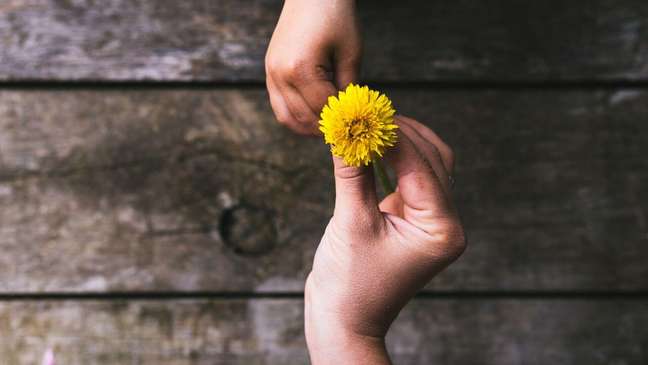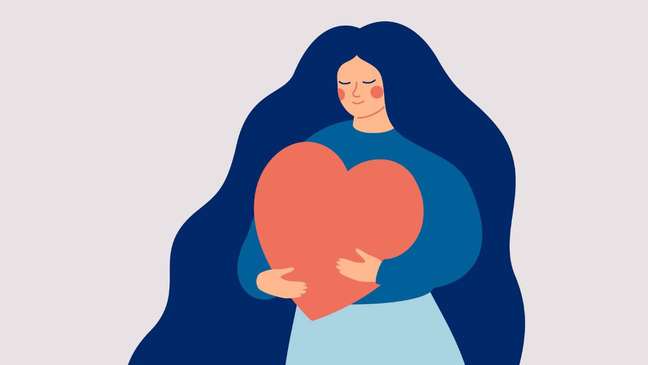The expert explains the importance of small gestures of kindness in everyday life, which must be worked on from childhood

Being kind is a very important act not only for a good coexistence, but also for our own well-being. According to a study by psychology researchers at the University of Chicago and Northwest Universityin 2018, gestures of kindness increase the feeling of happiness🇧🇷
The experiment involved 96 college students who were paid $5 a day for 5 days. Money should be spent on exactly the same thing every time. So, the researchers drew lots and defined what each student should do with the amount: some could spend it on themselves, others should contribute something to other people.
When reporting their experiences, those who bought something for themselves were happy at first, but this was lost as the days went by. On the other hand, those who gave persisted in happiness.

Therefore, in addition to doing good for others, kindness can also positively return to ourselves. Therefore, the specialist in Emotional Intelligence and Lifestyle Medicine, Camila Capel, warns about the lack of kindness in everyday life🇧🇷
“For some time now, kindness seems to have lost its relevance among human qualities. People also find beauty in kindness, but I see little effort to make it the protagonist of their lives”.
The specialist explains that although we learned the importance of kindness in childhood, we began to associate this attitude with a certain embarrassment as we grew up, as if to practice it we had to “open the car door or carry heavy things for a woman “. However, according to her, kindness should be cultivated it must be genuinethat is, a natural desire to help people.
“Empathy is the first step towards kind action. Only when we are able to perceive something beyond ourselves can we make a gesture for the benefit of another,” adds Camila.
kindness in childhood
Another aspect noted by the specialist is linked to the education of children in early childhood. At this stage, they can be taught to perceive the other from their own perception of what is good or bad.
“From food, sleep, touch, free play, sense of movement and balance, the little ones know small differences such as the feeling of satiety and hunger, for example. This is the beginning, still rudimentary, of what self-perception is the basis of self-esteem and self-care. Only by feeling good about ourselves can we bond with someone else’s feelings.”
From that moment on, the child begins to understand, for example, what a feeling of dissatisfaction is. This will allow you to move confidently through adult life and be able to tell when you are out of balance.
“Being aware of one’s inner state allows the individual to anticipate and, before losing control, look for ways to balance himself. Thus, childhood becomes fertile ground for us to teach the child to be good, first of all, with himself This is the foundation for future empathy, which is when she feels so harmonious in herself that she is able to include other people in her life,” Camila points out.
Source: Camila Capel, Specialist in Emotional Intelligence and Lifestyle Medicine.
🇧🇷The best content in your email for free. Choose your favorite Terra newsletter. Click here!
Source: Terra
Ben Stock is a lifestyle journalist and author at Gossipify. He writes about topics such as health, wellness, travel, food and home decor. He provides practical advice and inspiration to improve well-being, keeps readers up to date with latest lifestyle news and trends, known for his engaging writing style, in-depth analysis and unique perspectives.





-to4l92e9v7fo.jpg)


